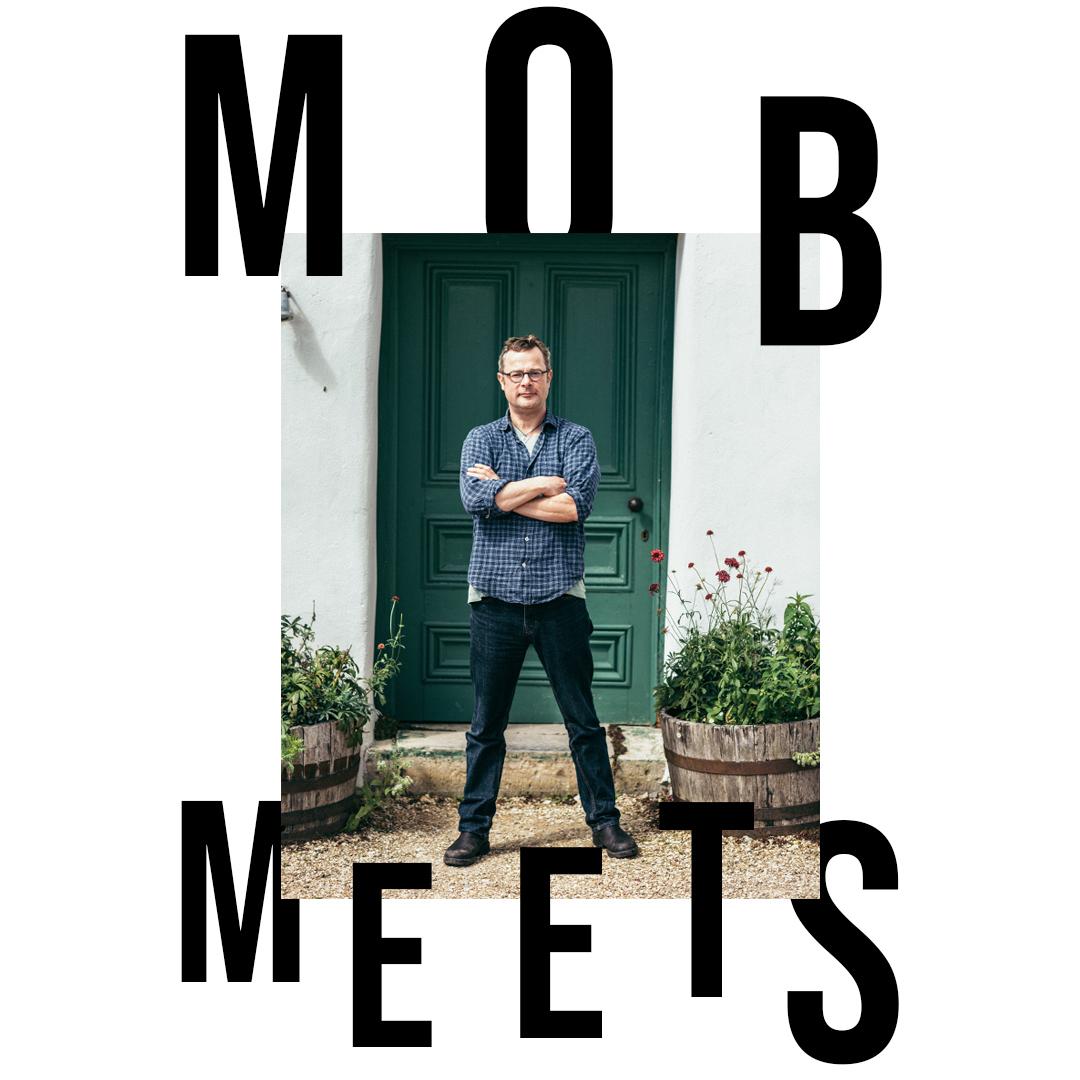Hugh Fearnley-Whittingstall is an icon in just about every sense of the word. He’s the nutty professor of British food telly. The leader of the quack pack. The sultan of sultanas. The man who’s been asking the DJ to turnip the beet for decades and wants to book you on a one-way ticket to the farro islands.
From his days promoting animal welfare and root-to-fruit food ethics on the hugely successful River Cottage to his more recent endeavours into the realm of healthy eating, Hugh is a chef and campaigner who has always had his finger on the pulse of the pertinent issues surrounding what (and how) we eat and drink. His latest book, Eat Better Forever is half a cookbook and half a friendly manifesto that sets out to offer readers (that’s you and me) with a healthy and practical approach to eating better and living longer. Whether’s it’s through incorporating more whole foods into your diet or simply listening to your gut and smashing a glass of probiotic-packed kefir in the morning, there’s plenty of ways you can ameliorate your lifestyle without sacrificing on enjoyment. Well, there’s seven to be exact.
Yes, while Jesus had his seven miracles, Hugh Fearnley-Whittingstall’s book contains his ‘7 Ways to Transform Your Diet’. Don’t fret, though, MOB – Hugh hasn’t got himself involved in the snake oil business or started any sort of religious cult. Yet. Eat Better Forever doesn’t proselytise about a miraculous one-and-done fix for your life but, rather, proffers a cluster of useful pathways that can help you get your eating habits on track. Think of it as no-nonsense advice from someone who’s older, wiser, and knows a lot more about what they’re talking about than the veneered shysters on your Instagram feed. Because that’s exactly what Hugh is offering: sound advice.
Turning your wine into water and reducing your alcohol intake, for instance, would probably do your pandemic stress-addled body some good but that doesn’t mean you can’t still enjoy a glass or two every now and then. Diet culture can be dangerous and pervasive; Hugh’s philosophy is about eating better rather than eating less.
As an advocate for better food education through his work with the Food Foundation, the Soil Association, and initiatives like Veg Power and Food For Life, Hugh is a firm believer that the basic skills of cooking are a right for all and that it has to become easier for people to get ahold of the right ingredients. We couldn’t agree more with that ethos here at MOB Kitchen. In fact, we couldn’t agree more with Hugh, full stop. He really is quite an agreeable fellow. We hope, after reading this interview with him, that you’ll agree.
